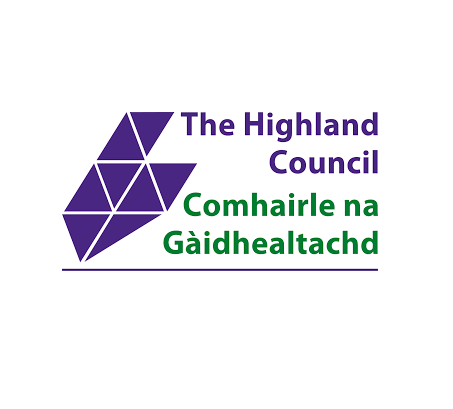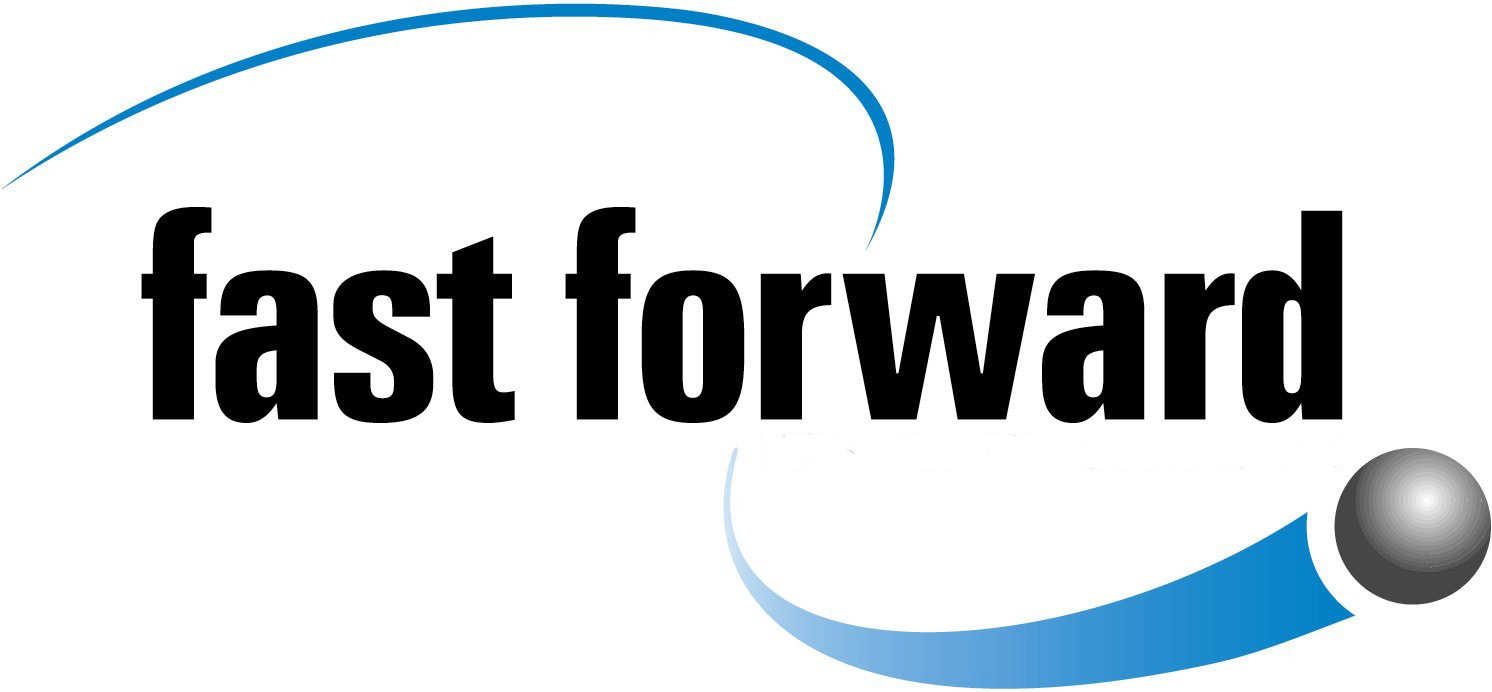Guest blog: Robert from Highland Council shares top tips for how to have conversations about online safety with young people
January 26, 2023
In this blog, Robert Quigley from Highland Council shares their journey towards including gambling in their work, and tips for starting conversations with young people about online safety.
I was recently honoured to have been asked to speak at the annual Scottish Gambling Education Conference as a keynote speaker, to share the journey that Highland had been on, since connecting with Fast Forward in November 2021. In preparing for the speech, I realised just how much had already been achieved in just over a year, and how this link-up had really added such great value to the existing online safety work that I have been leading on since 2017.
Along the way, we have developed the following tips to support parents, caregivers, and anyone who works with children and young people to open up conversations about online safety.
Top tips for how to have conversations about online safety with children and young people:
- Conversation, conversation, conversation!
When the young person is ready, have an open, honest but non-judgemental conversation about what they are doing online. Try not to go in with a ‘you shouldn’t do that’ approach-that is exactly what the young person is expecting to happen. - Ask them to share their own experiences and views.
They are the ones who are spending vast amounts of time gaming and online so ask them to tell you what they think the risks are-you’ll be surprised by how much they know. Sometimes, they just need to know that you know and that they can tell you when perhaps something is not going well. Far better that they can tell you than hiding their problems and the problem getting worse. - Acknowledge their experience of life online.
Acknowledge that this world that young people are living and playing in, is very real. Nothing will alienate them more than them hearing phrases like “the online world” or you referring to the offline world as the “real world”. Like it or not, being online is as much a part of their lives as it is offline. Although actually, young people don’t see the two as being separate. They simply navigate smoothly between both. - Meet them half-way.
By meeting young people half-way and demonstrating that you are at least aware of the importance of their online engagement, you will be amazed at how much ‘currency’ you will gain for future conversations. If they feel they can speak to you positively about gaming or social media, they are far more likely to talk about an issue when it arrives.
Highland has a 1:1 rollout of Chromebooks which also started in 2017 and my online safety role was created to supplement the focus upon digital learning, by providing support to pupils, staff and parents about how to stay safe in the weird, wonderful and at times, challenging, online world. Over the last couple of years, my focus has moved quite significantly into looking at Gaming as a discrete and separate theme and indeed, my support sessions for parents includes a standalone Gaming presentation.
Within this Gaming focus, it has become clear that the monetary aspect of gaming is a big concern for parents and young people-in particular, the nuances around in-game purchases and in particular Loot Boxes, has really empowered me to become far more knowledgeable and familiar with this aspect of gaming.
My chance meeting with Donna from Fast Forward could not have been any better timed so when I met her (virtually) at Safer Internet Day Planning Day in November 2021, the partnership was born! It became clear that there were many mutually beneficial aspects to us joining up our working and over the last 15 months, we have planned and ran a number of sessions for a wide variety of staff in Highland including teaching and non-teaching school staff, foster carers and adoptive parents as well as a highly successful session for parents, Highland-wide.
The success of this partnership has been built upon both myself and Donna knowing what our own strengths and areas of expertise are (not to mention being a sensational double-act!) and using this knowledge and these skills to really add depth to the sessions. I am absolutely clear that my own understanding of the gambling-type mechanics that are built into Loot Boxes and other aspects of gaming, is hugely improved and I know feel that I have a credibility when I speak and advise parents around what to look out for, when trying to help their children with the financial side of gaming.
What’s most exciting is the potential to further develop this project and to be pro-active in adapting the support available to keep children and families in Highland as safe as possible.

